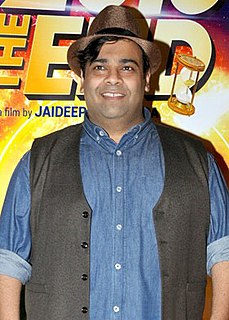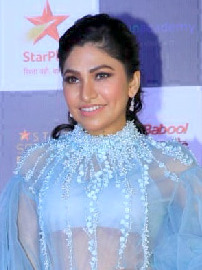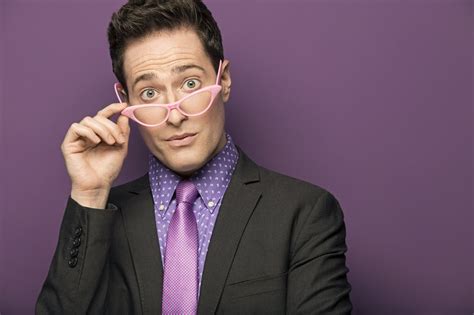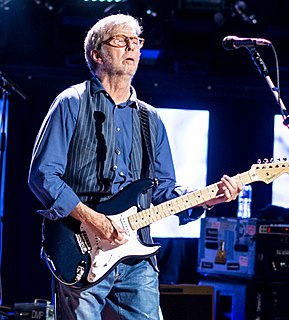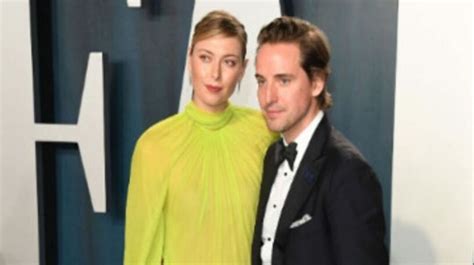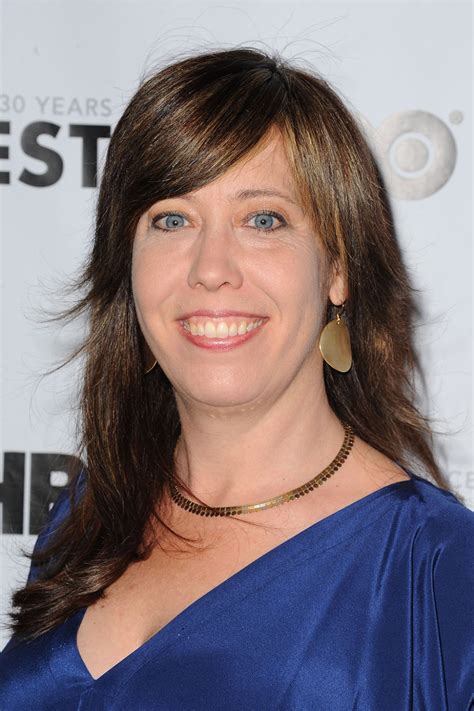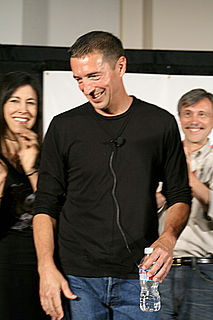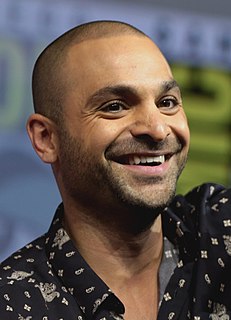A Quote by Kiku Sharda
My character has got its own individuality after the 'Comedy Nights.' People recognize me as Palak. I'm quite happy that Palak has attained such an identity.
Related Quotes
I don't care if you hate me or if you like me, as long as somebody gives me a character that is really a character to play. It's fun to be able to have a character and have a director that can direct you into a character. I'm just so happy that I got a good role. I don't care if it's bad or if it's good, and I don't care if it's drama or comedy. They are just so rare to come across.
My partner after Fred Freeman was Jerry Belson. And Jerry Belson, after I was doing so well writing situation comedy, said, this is not good enough. We got to create our own shows. I said, but we're very happy doing this. No, no, no, you got to get your own show. So he made me - and he and I created our own shows. And we actually - everything we created failed. "Hey, Landlord" was our first show - 99th in the ratings. But imagine this - it's a great reflection on the years.
The other thing about the Nights is that it is quite racist. One parentheses is that I think this is one of the negative things that appeal to people, that The Arabian Nights could be used as a disguise for racism. It suited the West. You could smuggle racism into children's literature, you see. The African magician in the story of Aladdin, he's labeled explicitly as the "African Magician." He's not a character but a stereotype, and a lot of this got into nursery literature in this Oriental disguise.
My identity shifted when I got into recovery. That's who I am now, and it actually gives me greater pleasure to have that identity than to be a musician or anything else, because it keeps me in a manageable size. When I'm down on the ground with my disease-which I'm happy to have-it gets me in tune. It gives me a spiritual anchor. Don't ask me to explain.
[In comedy] you never want to leave the actors hanging out to dry. So you need to come up with funny individual stories for each character, and then you do this sort of comedy geometry, weaving them together. Once you've got a funny structure and you know why the scenes are funny, then you get super funny people to say your own lines, say their own lines, say things in their own way, and every scene is a live rewrite in front of the camera.
You know, people get frustrated because their loved ones who have Alzheimer's, oh, he doesn't recognize me anymore, how can I recognize this person, if they don't recognize me? They're not the same person. Well, they are the same person, but they've got a brain disease. And it's not their fault they've got this disease.
